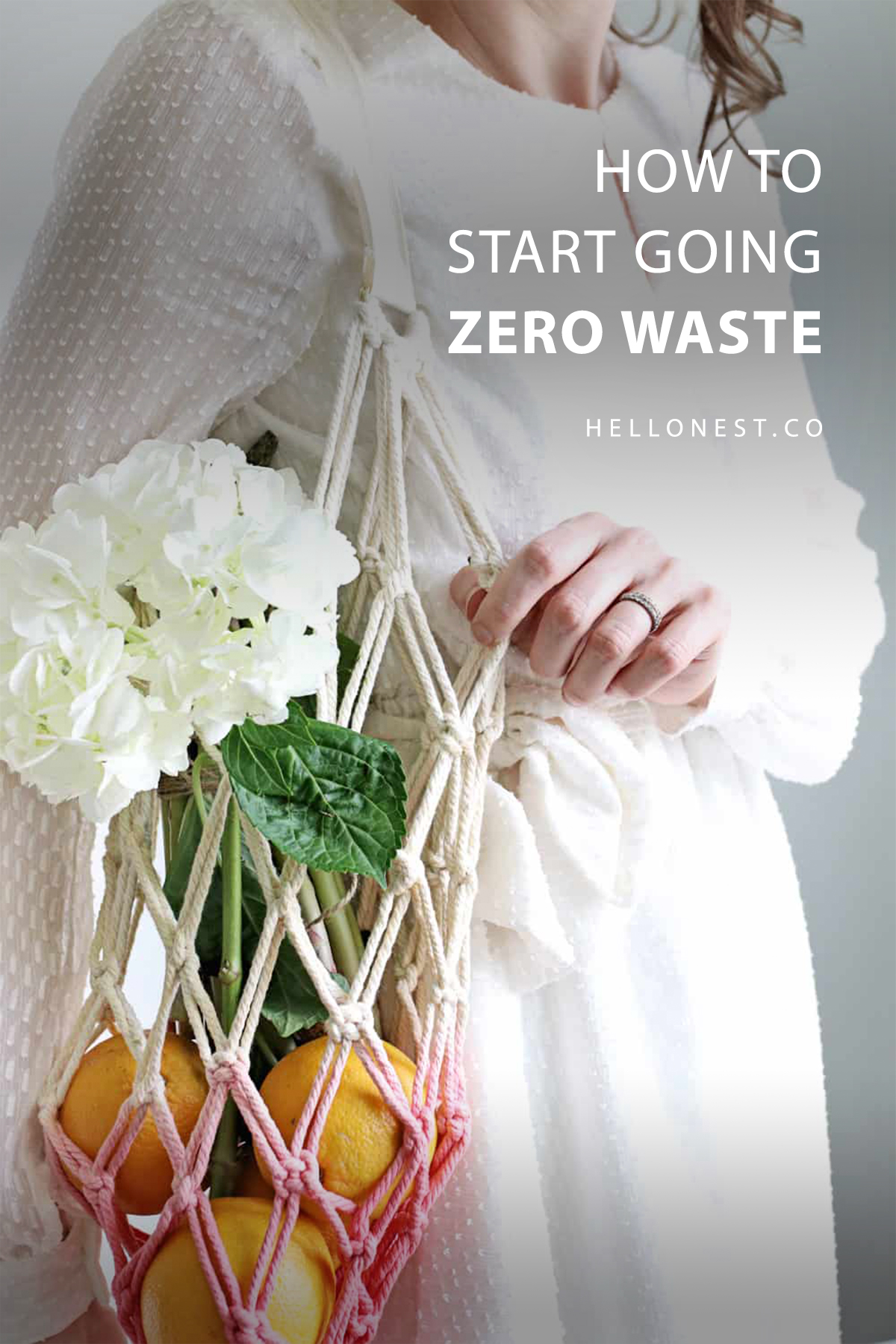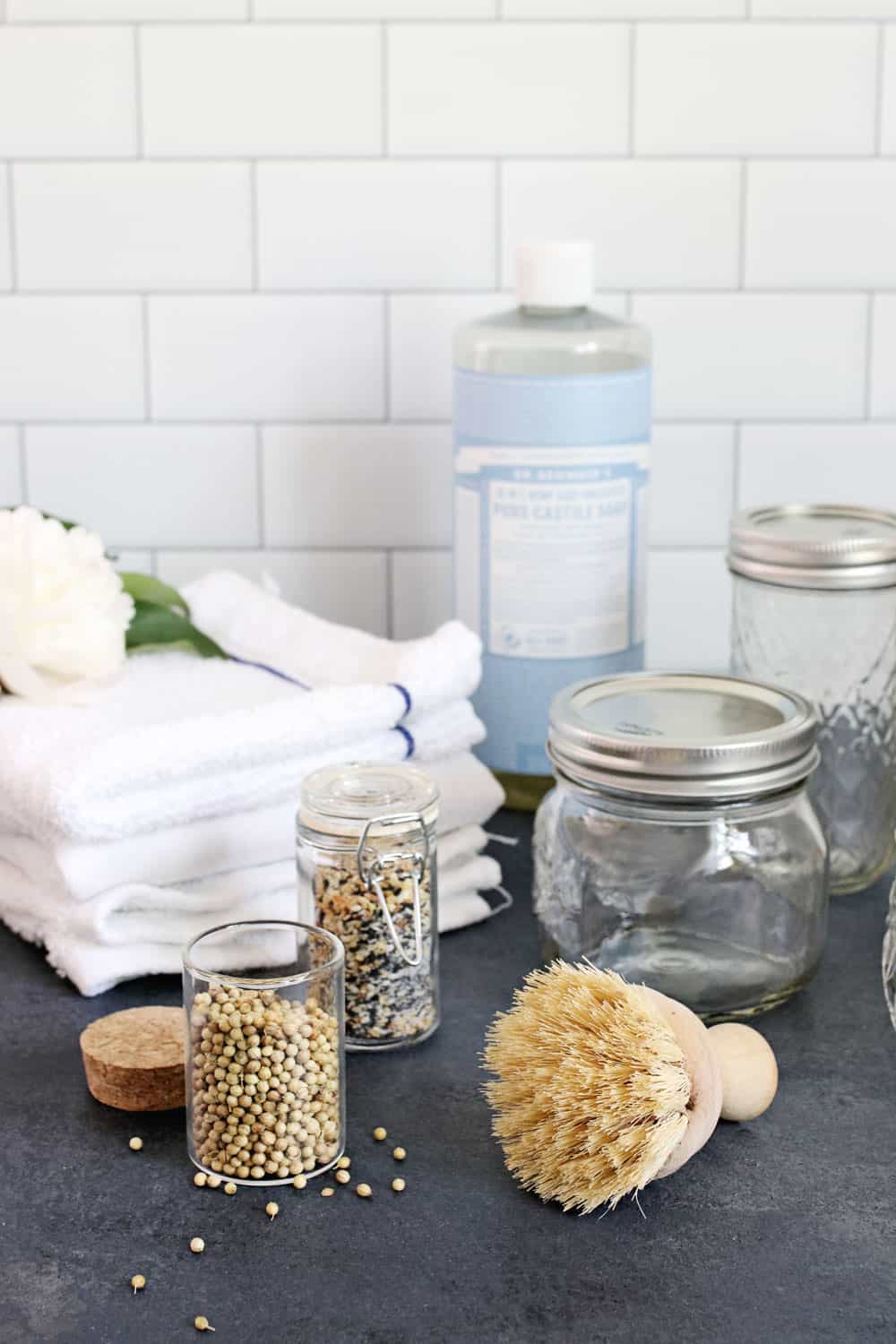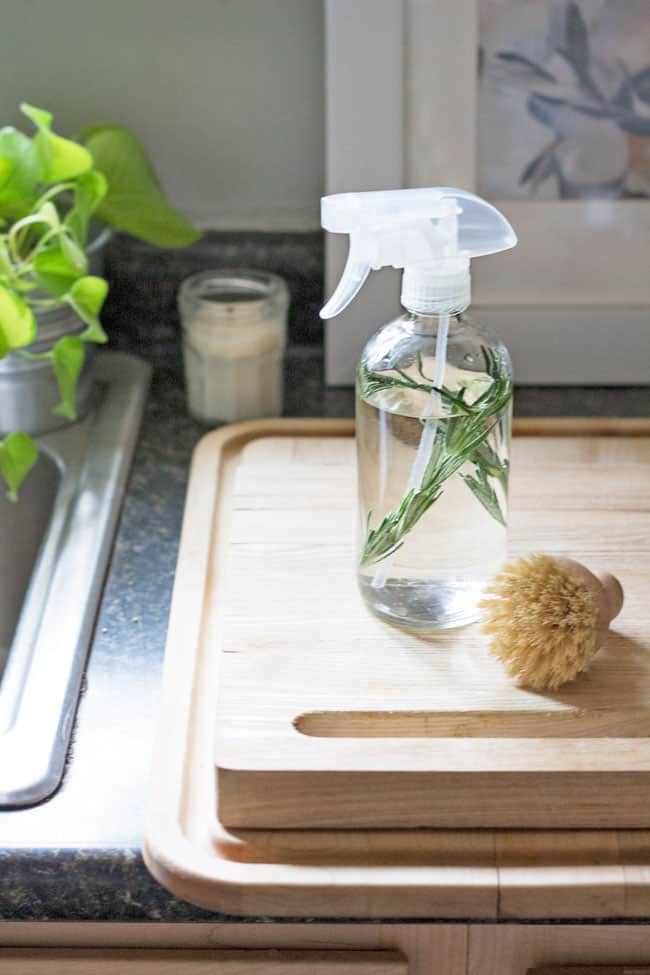“Reduce, reuse, and recycle” is a catchy phrase that’s been around for decades, and it’s still a useful concept to remind us of how we can lessen our negative impact upon the earth. But recent studies have revealed that what we’ve been doing so far just isn’t enough. The consequences of human consumption, usage, and waste are threatening the health and longevity of our planet in monumental ways. Weather patterns are shifting, food crops are being affected, garbage is piling up on the land and in the sea, and many animals are struggling to survive extinction.
One movement that is gaining ground and encouraging people to take the “reduce, reuse, recycle” ethos one step further is the zero waste movement. In this philosophical community, people strive not only to minimize their waste, but attempt to eliminate it entirely. If you think this sounds downright impossible, know that there people who are already living in accordance with this lifestyle. But as with any major overhaul in behavior, beginning with baby steps (and baby successes!) increases the likelihood of it becoming a lasting transformation.
How To Start Going Zero Waste
 If you’ve been wondering about how to lessen the weight of your environmental impact, start by noticing the patterns of wastefulness that occur throughout your average day: How many non-recyclable items are you tossing in the garbage? How much paper are you using? How many shopping bags did you need? Did you buy an item with a lot of unnecessary packaging? Did you use plastic when there were other options? Once you become aware of your own particular patterns, you can begin to anticipate these moments and prepare to make thoughtful, waste-free choices:
If you’ve been wondering about how to lessen the weight of your environmental impact, start by noticing the patterns of wastefulness that occur throughout your average day: How many non-recyclable items are you tossing in the garbage? How much paper are you using? How many shopping bags did you need? Did you buy an item with a lot of unnecessary packaging? Did you use plastic when there were other options? Once you become aware of your own particular patterns, you can begin to anticipate these moments and prepare to make thoughtful, waste-free choices:
Here are some simple ways to begin your shift towards a minimal/zero-waste lifestyle:
1. Plan out your day
Anticipate where waste may be likely in your day, and organize yourself ahead of time. If you take your lunch to work, pack it up the night before in a reusable lunch bag with glass or stainless steel containers, along with bamboo cutlery, and a reusable/washable napkin.
Bring along a thermal coffee cup for your daily runs to the coffee maker. Tuck a beautiful, old-fashioned handkerchief into your purse if you have the sniffles, or to use for drying your hands in public washrooms that have paper towels only. Keep a folded tote in your bag or in the car in case you need to make an unexpected shopping stop.
 2. Become kitchen-savvy
2. Become kitchen-savvy
So much waste happens in the kitchen! Notice which food products come with lots of unnecessary packaging, and select a reduced-waste option. If you have a local bulk store, bring your own reusable mesh bags and mason jars to collect what you need; take reusable bags with you to the grocery store, and use smaller ones for produce.
Use dishcloths and cloth napkins rather than disposable towels, or if you do use paper towels, find environmentally-friendly brands that are wrapped in paper rather than plastic (then toss the paper and tubes in the compost). Rather than tossing out all of that plastic wrap or aluminum foil, pick up some reusable food wrap (there are great wax-coated cloth options) or silicone sheets for baking, and choose glass and stainless steel for reusable food storage.
Here are some of our favorite zero waste kitchen supplies.
3. Consider second-hand
If there’s something you need, or an item is broken beyond repair, look for a replacement in your local second-hand shops, or try asking around on your social media sites to see if someone you know might be looking to part with the very thing you’re looking for. When we give these items new life, we are dispersing goods that are already out in the world, thus reducing the need for additional manufacture, shipping, packaging, and waste.
4. Anything but plastic
Take note of where unnecessary single-use plastic is sneaking into your life: say no to straws/stir-sticks, plastic cutlery, disposable lids, and conventional tea bags (most contain plastic, so choose a reusable natural tea bag or metal loose-leaf infuser.) Buy food boxed in cardboard rather than wrapped in plastic; choose glass or stainless steel food storage containers and cookware. Carry along a reusable water bottle, or leave one where you may have the urge to buy a bottled drink (i.e. in the car, at work, etc.)
Let your next toothbrush be a compostable bamboo one rather than another piece of plastic to toss into the landfill, and select the paper Q-tips. Every bit counts!
 5. Make your own cleaning products
5. Make your own cleaning products
Any time you are able to make your own household cleaners, detergents, soaps, shampoos, or moisturizers, you are saving yourself from picking up (and tossing out!) another bottle or jar. Buy your ingredients in bulk, and research natural cleaning recipes that offer you ways to both reduce harm on the environment and on your own body! Keep it simple.
When we limit ourselves to the idea that we are but one person and that our actions/behaviors are small and have no real impact on the earth, it is easy to feel defeated and excuse ourselves from trying to do any better. Every little conscious, eco-friendly, ethical step you take in the right direction is a worthwhile one!
12 2. Become kitchen-savvy
2. Become kitchen-savvy 5. Make your own cleaning products
5. Make your own cleaning products
Leave a Reply